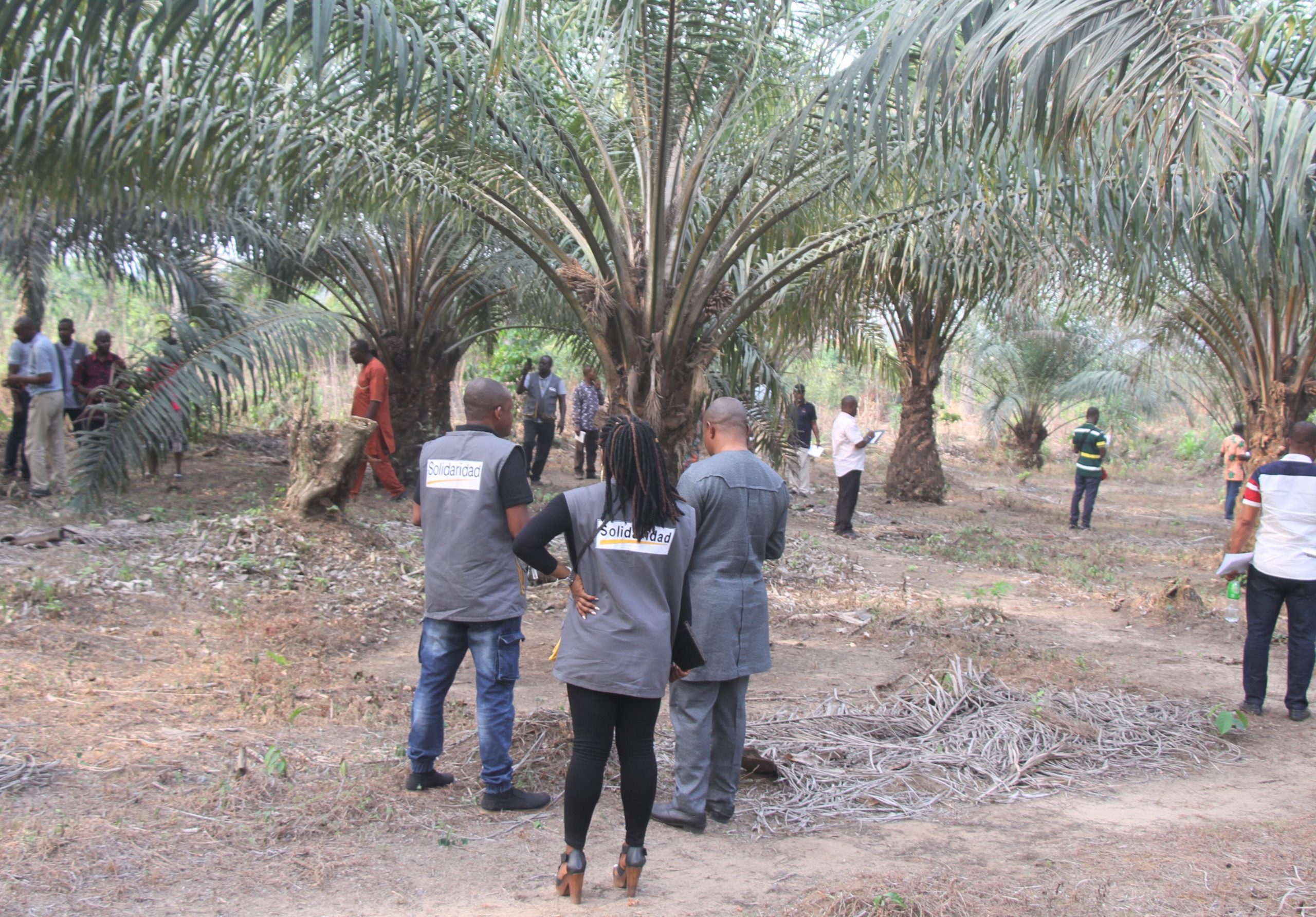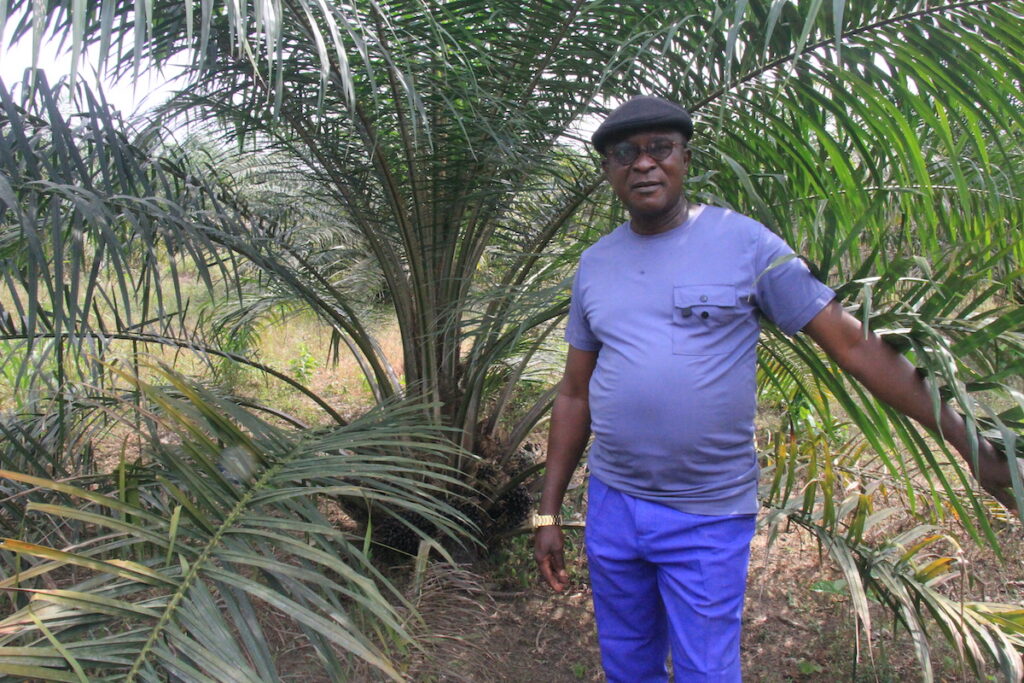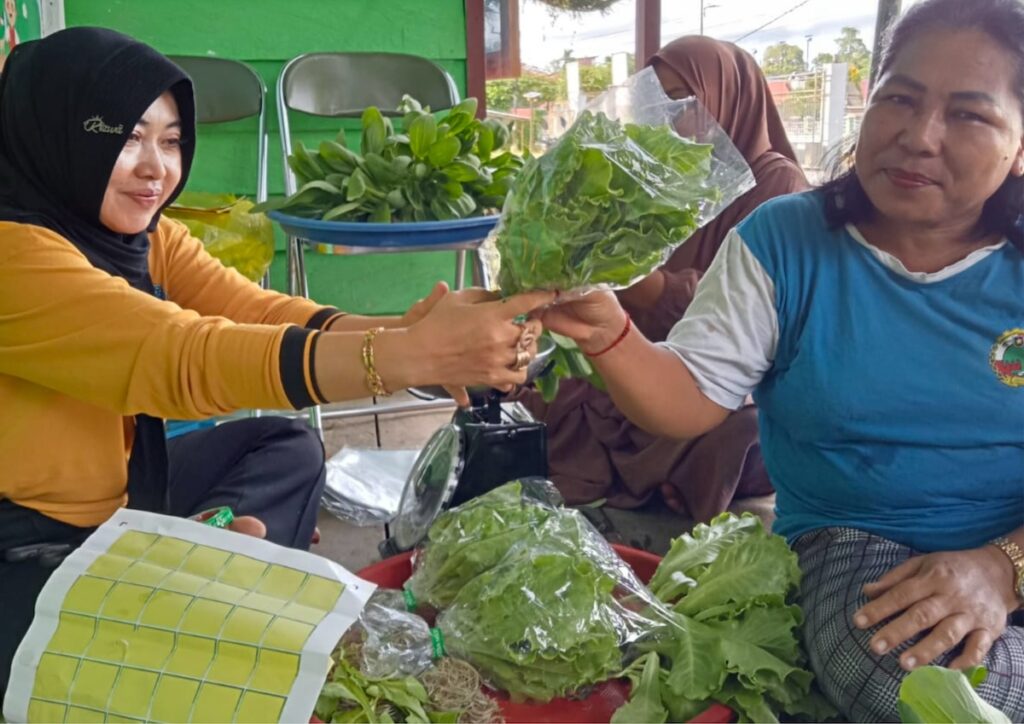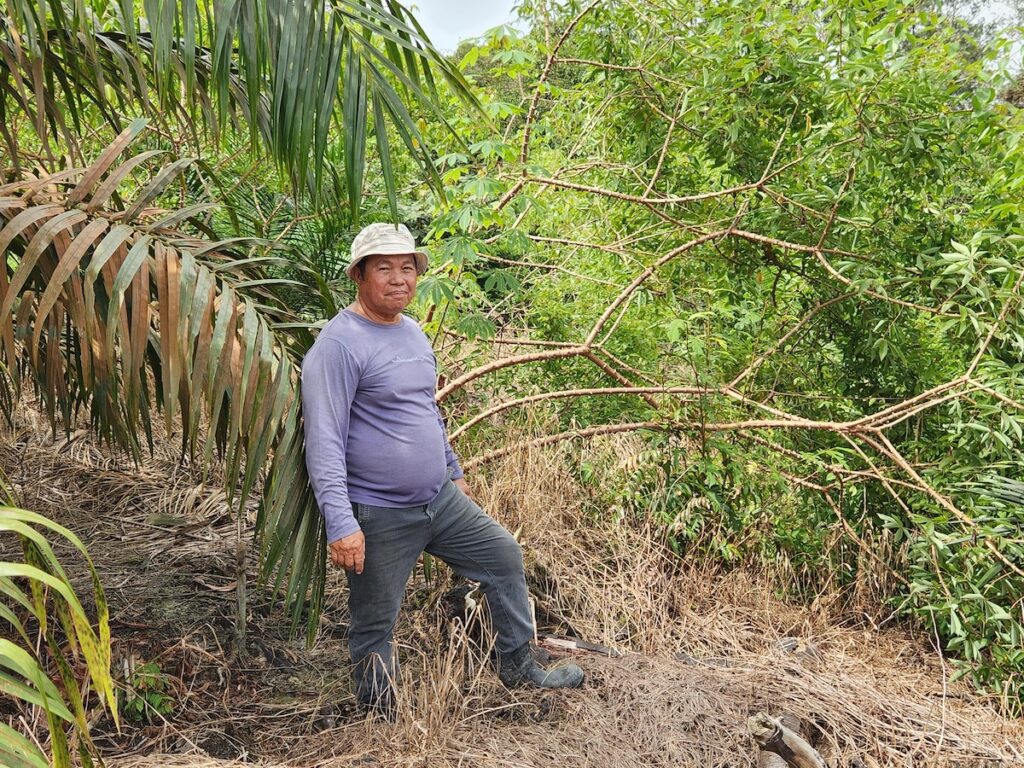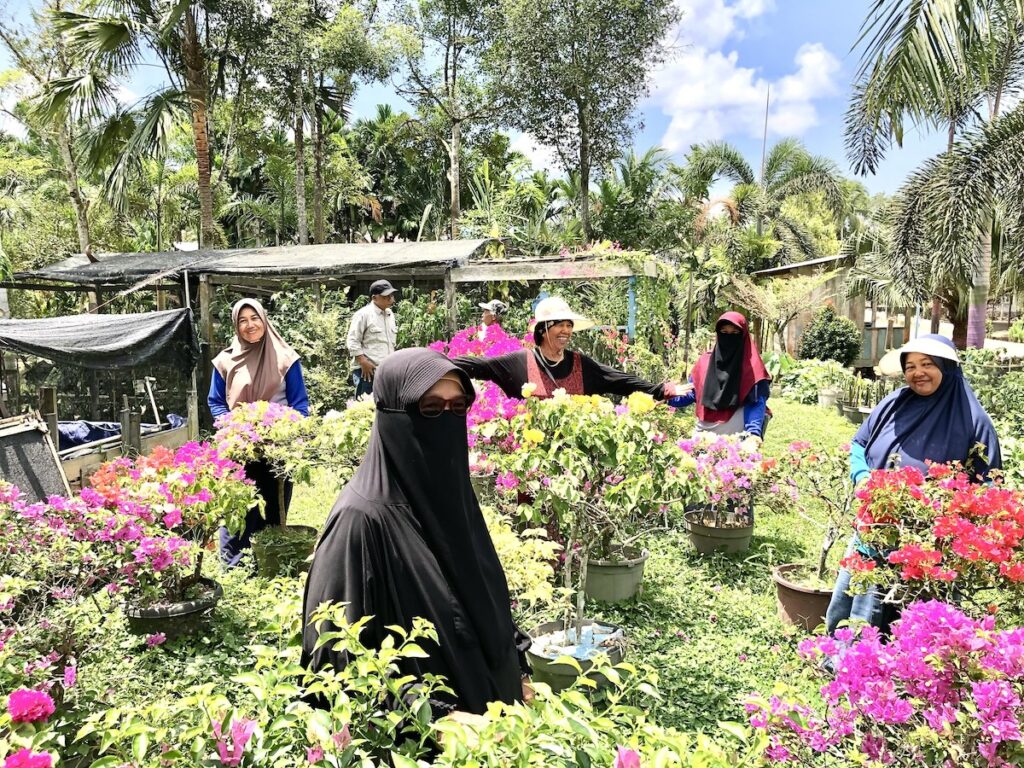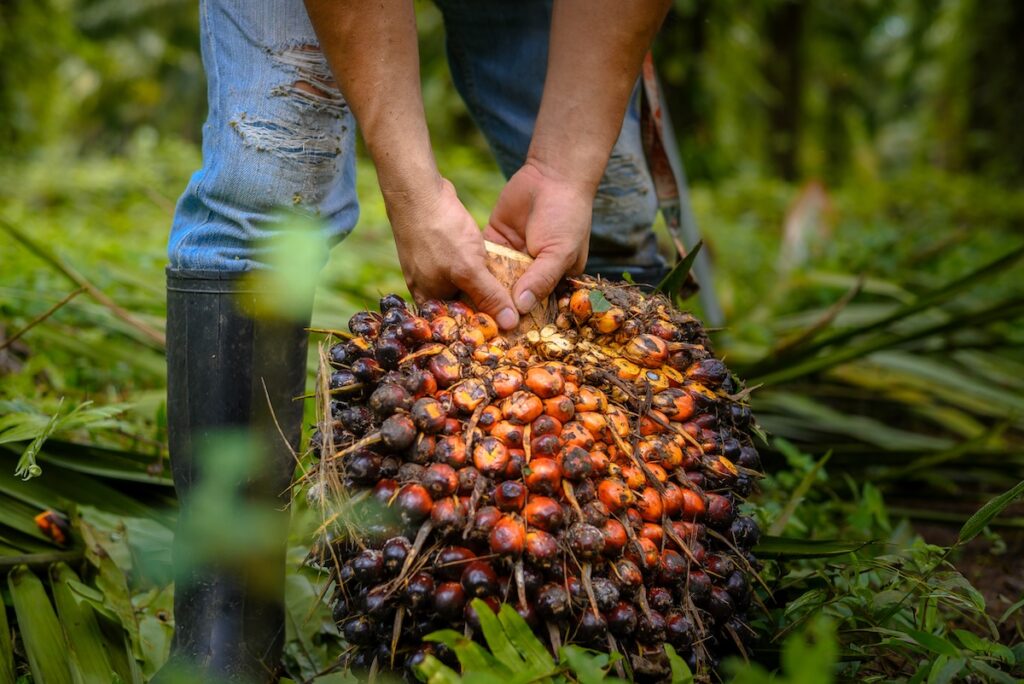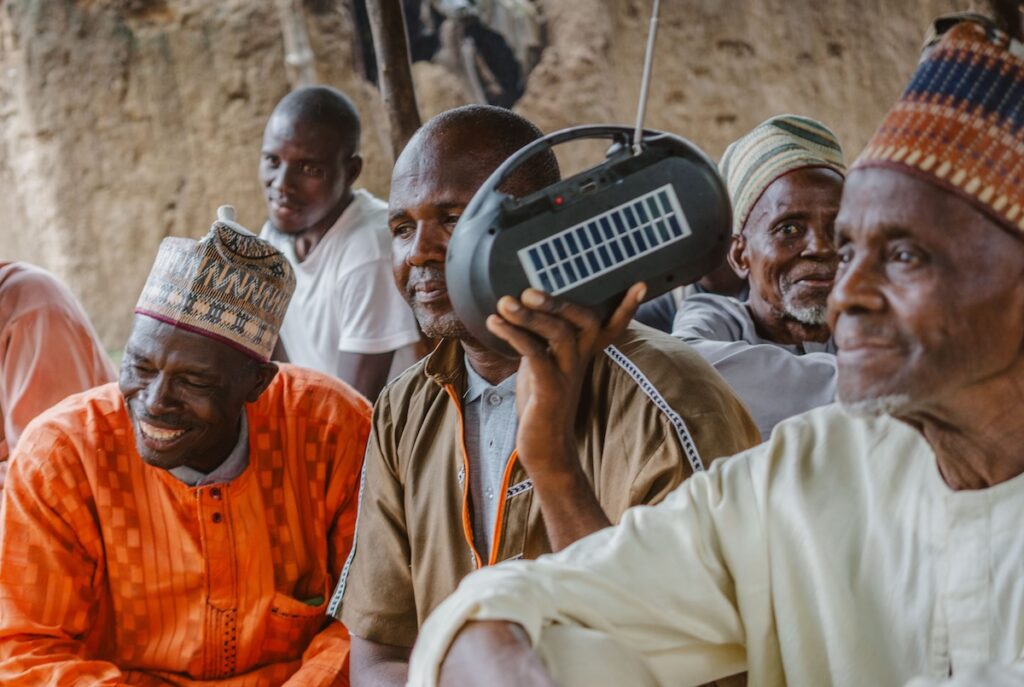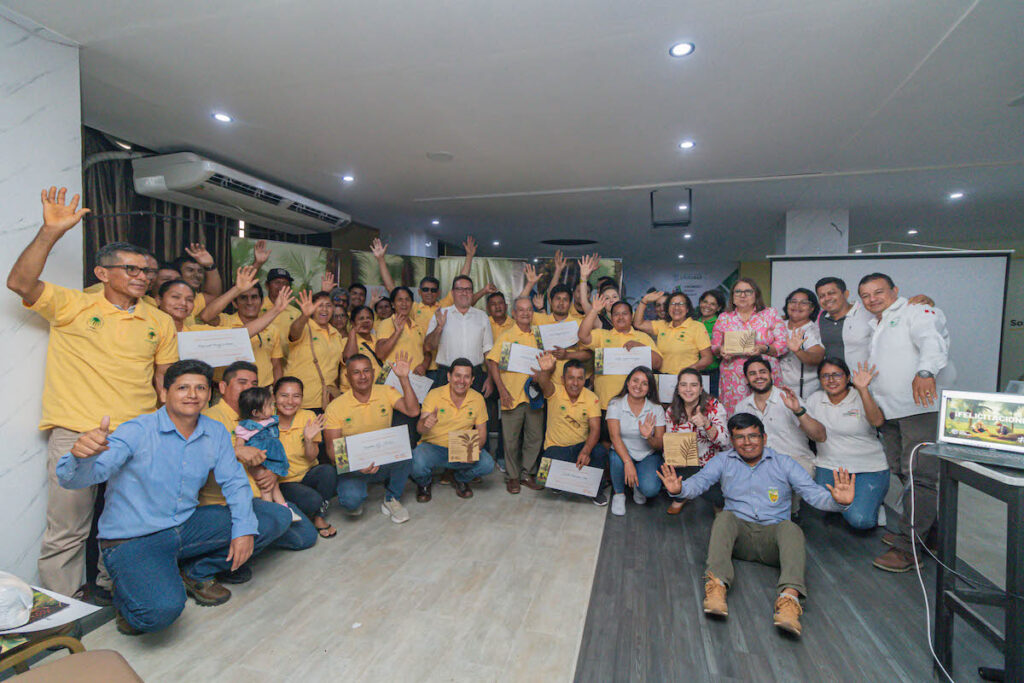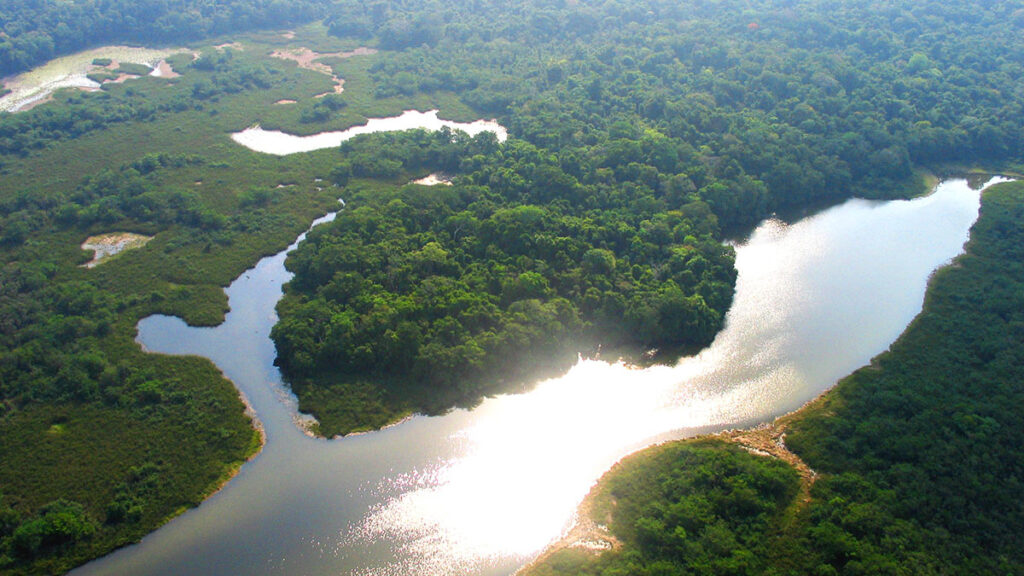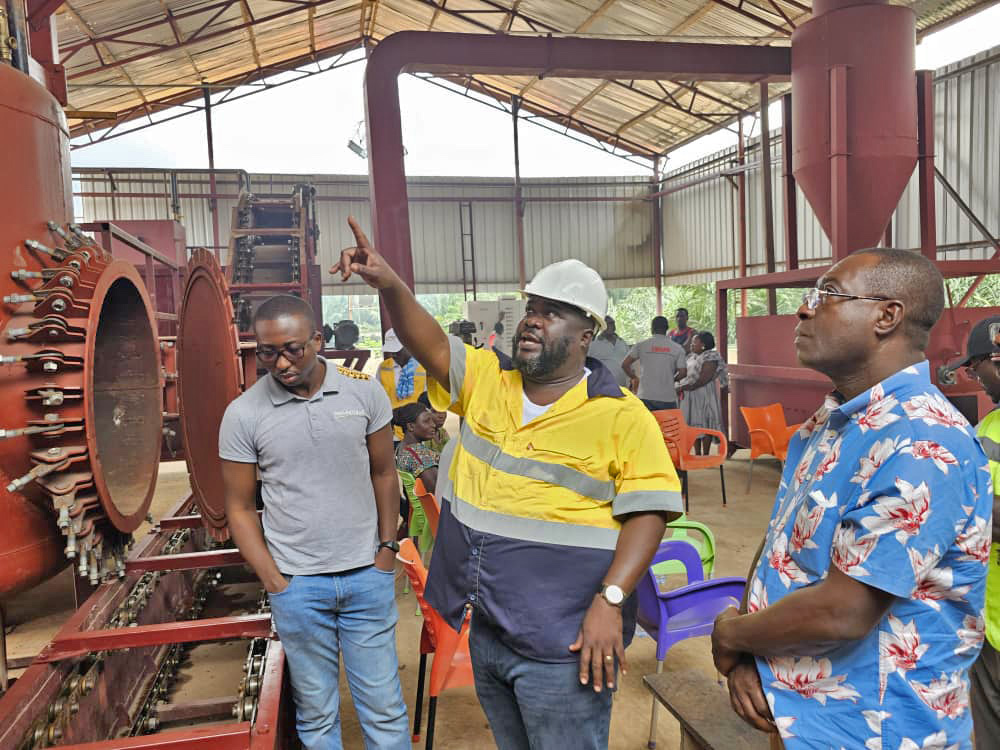Agricultural extension services are rare to most Nigerian farmers, especially those in rural areas. This makes it difficult for farmers to access modern farming techniques and the right knowledge to apply in their farms.
For Mbek Tangba, a 55-year-old oil palm farmer in Effraya in the Etung local government area of Cross River state, the absence of extension officers to offer technical advice on agriculture practices, and to supply farmers with the necessary inputs and services to support their production resulted in low yields for farmers in his community.
I never knew the right practices to apply in my four-hectare oil palm farm. I have never applied fertilizer on the farm, neither have I slashed nor pruned.
Mbek Tangba, OIL PALM FARMER
“In most months of the year, I don’t harvest any fruits. My average harvest per annum was six tonnes per hectare,” says Mbek, who has been an oil palm farmer for 15 years.
Solidaridad Intervention
Solidaridad in its quest to provide smallholder farmers with agriculture extension services to help improve the productivity of farms like that of Mbek, has trained over 60 community facilitators and 12 subject matter specialists.
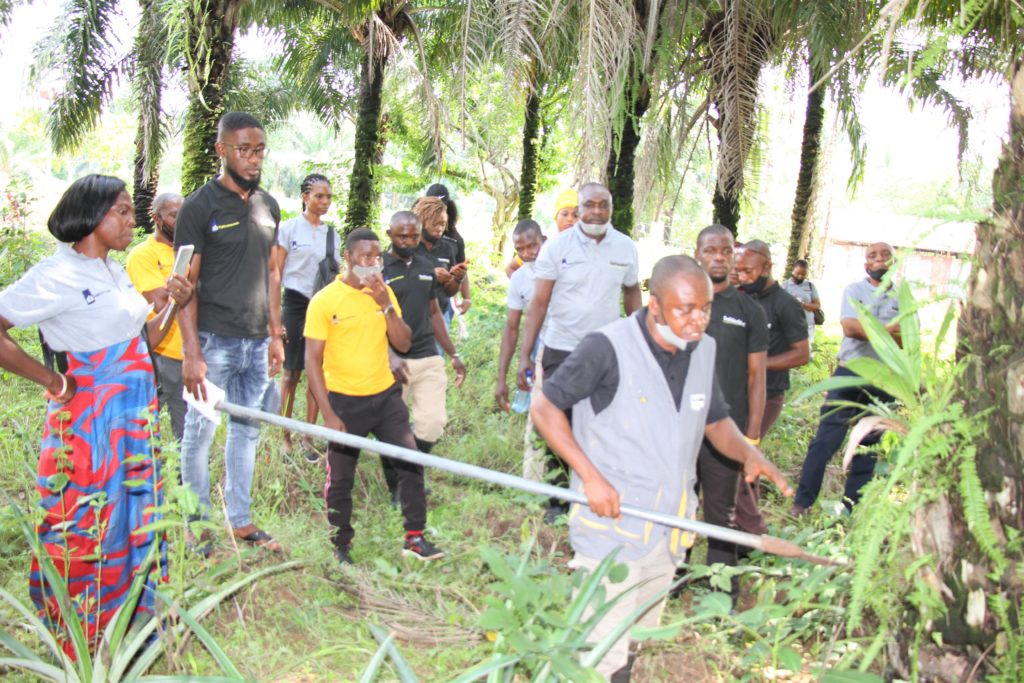
The training was under the National Initiatives for Sustainable and Climate-Smart Oil Palm Smallholders (NISCOPS) programme, funded by the Kingdom of the Netherlands.
The community facilitators and subject matter specialists were trained in sustainable land use, climate-smart agriculture, best management practices, establishment of demonstration plots and Village Savings and Loans Association (VSLA) scheme.
After acquiring the needed knowledge and skills from the training, the facilitators and specialists were deployed into oil palm-producing communities in the four states – Akwa Ibom, Cross River, Enugu, and Kogi – where Solidaridad is implementing the NISCOPS programme, to transfer the knowledge they have gained to farmers.
Improving farmers’ knowledge
After months of engagement with the community facilitators, Mbek Tangba says he is now managing his farm with better knowledge in climate-smart agriculture and best management practices.
“I learnt a lot from the training sessions organized by the community facilitators. After applying the knowledge I gained on my farm for over six months, my yield has improved from six tonnes per hectare to 9.2 tonnes. I have for the first time harvested twice in three months,” says Mbek.
Ekong Favour, another beneficiary, says she only got to know of fertilizer application to oil palm during her first farmer group meeting organized by a Solidaridad-trained facilitator in her community.
“The first time I was told to apply fertilizer in my oil palm farm, I felt it would be a waste of resources. I reluctantly procured some and applied it the way I was taught. After months of application, I can see improvement for the first time in my 10 years of farming,” says Ekong.
Building capacities to transform the oil palm sector
Ernest Ita, Senior Programme Officer at Solidaridad Nigeria, says community facilitators are important drivers of transformation in the agricultural sector and with the necessary training, they can provide expert advice to smallholder farmers, facilitate linkages to input markets, and also ensure that smallholders adopt knowledge and practices that improve their productivity.
“We are happy to see that our capacity-building efforts are yielding the desired results – improving smallholder farmer income and livelihood resilience,” says Ita.
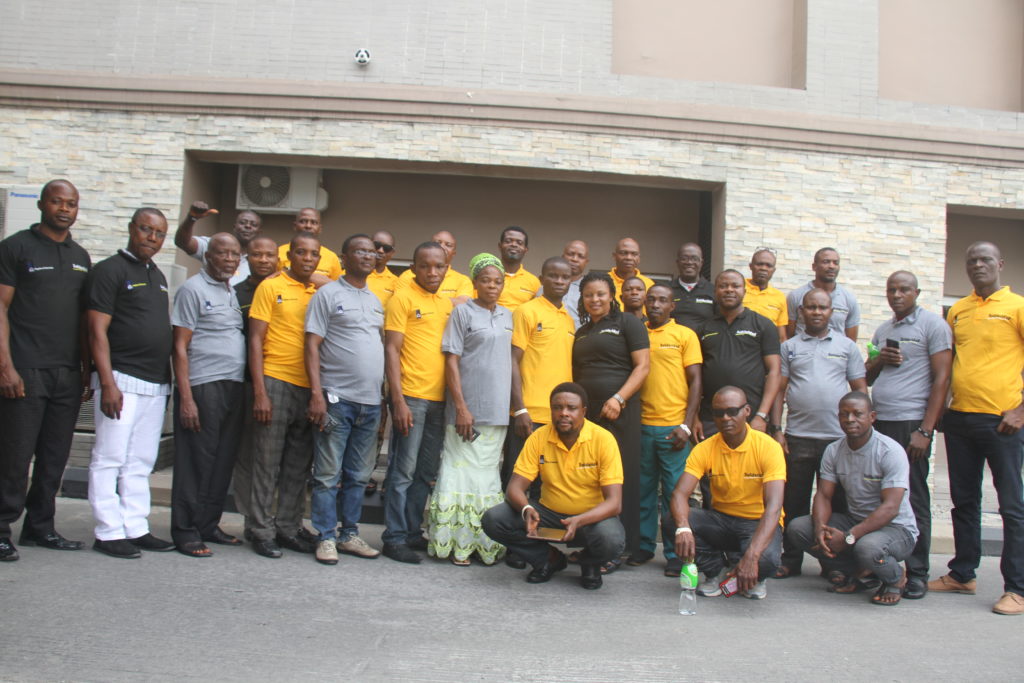
Through the NISCOPS programme, Solidaridad seeks to improve the production of oil palm, based on ecologically sustainable land-use practices to enhance Nigeria’s capacity to attain the Nationally Determined Contributions commitment under the Paris Agreement.

